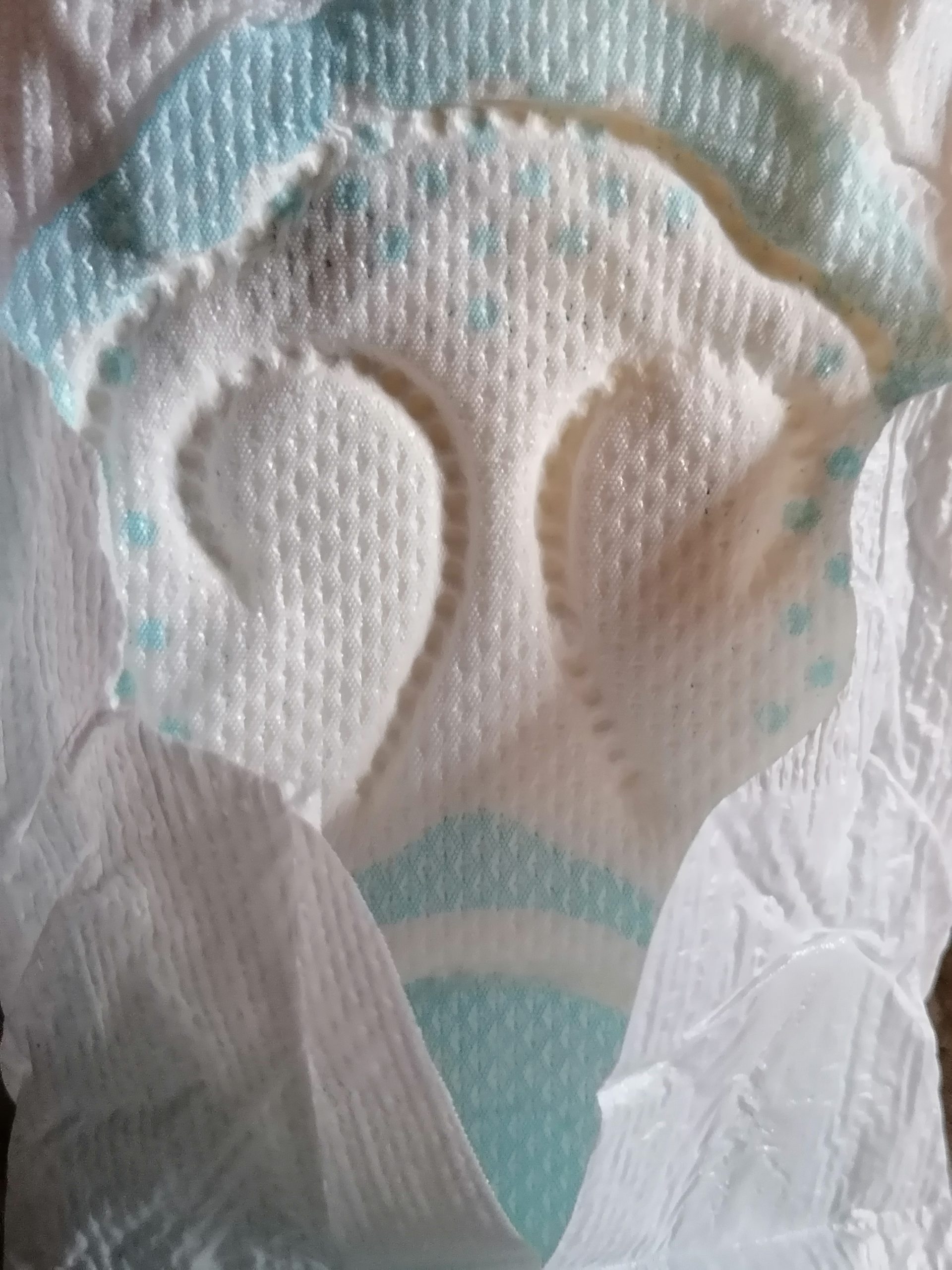The use of rags and other local ways for menstruation lingered predominantly among Nigerian women in the 70s and 80s.
These rags are gotten from fabrics. They were re-usable and served as alternatives to disposable sanitary napkins, which most women saw as uncomfortable.
As technological innovations increased, women became exposed to the dangers inherent in using rags and other local ways for menstruation. They were encouraged to adopt the use of affordable sanitary pads, which prices range between N50 and N100.
However, the continuous increase in the prices of sanitary pads has forced many women with two or three female children, particularly those with low incomes, to return to using rags to collect menstrual fluids during menstruation.
Speaking to Economy& Lifestyle, MMrsAderibigbe Adeoye, a mother of four, said: “To be frank with you, the way the cost of things are getting expensive every day is baffling. A pad that was sold at N150 – N200 has now risen to N500. I have three girls and each uses two packs of pads per month. I use three packs because of my heavy flow. How do I cope with the act of spending N4,500 every month, just on pads?
“I have to cut out white pieces of clothing to alternate for a pad. We use it during the end of our menstrual cycle when the fluid flows less. At first, my girls complained of the discomfort but later got used to it.”
Osas Eremosele, a secondary school student, shd to stay at home throughout the week shbebecauses of her menstrual cycle causing her to miss some of her classes.
She said:” I used to stay at home the week I saw my menstruation. I live with my aunt and she can only afford to buy me tissue paper because of the rise in the price of the pad. I use two packs of pads which are now N1, 000. But I can get two tissue papers for N500 which will cover my entire menstrual cycle period for the month.
“I stay at home because the tissue paper always makes me have blood stains on my uniform.”
Mrs Dupe Ifaskin, a wholesaler of Sanitary pads and other disposables in the Ithe cotton market complained about the rising costs of pads.
She revealed that most buyers of pads now buy more tissue papaperhan pads.
“The price of pads has risen sharply within the space of 7 months. As of January a pack of papads sold for N300. Now it is N500-N600. Even the new products are not left out. The smaller packs with three pads which were N50-N70 arrows sold for N150 to N200.
CrCreditrumreports









80 Comments